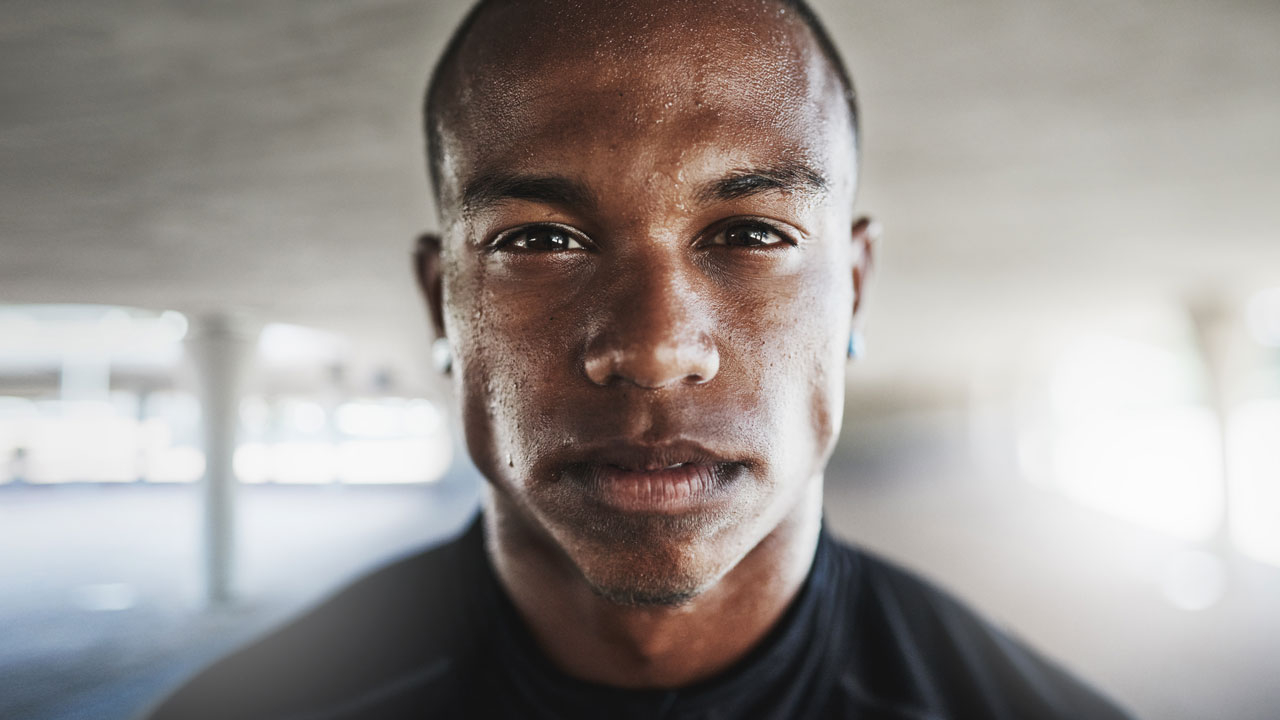
Although our makeup or personality plays a part in our response to stress, it’s our mindset at the time that dictates it. Specifically, it’s the image we have of ourselves at a particular point that governs how we think and therefore how we interpret and respond to situations.
Under times of stress, the unconscious vision we have of ourselves typically decreases thereby reducing our capacity to cope.
Conversely, when we are in a more positive or appropriate frame of mind, the vision we have of ourselves expands which, in turn, increases our capacity to cope.
So, although we may be predisposed to acting in a particular way, our responses aren’t fixed. Instead, they are a consequence of our state (of mind) and therefore something we can change.
Recognising we have the ability to improve our state (and therefore our actions and behaviour) is powerful for it’s what sets us apart from the rest of the animal kingdom.
In other words, the fact we are conscious means we have the ability to change our state and therefore how we behave as a person.
As science has proven, if we change our state of mind, we change what we experience. That doesn’t mean we can necessarily change what happens to us, but we can change how we interpret those experiences and, therefore, the impact they have on us and how we fare in the future.
©1995-Present day. All rights reserved – Steel Performance Solutions


